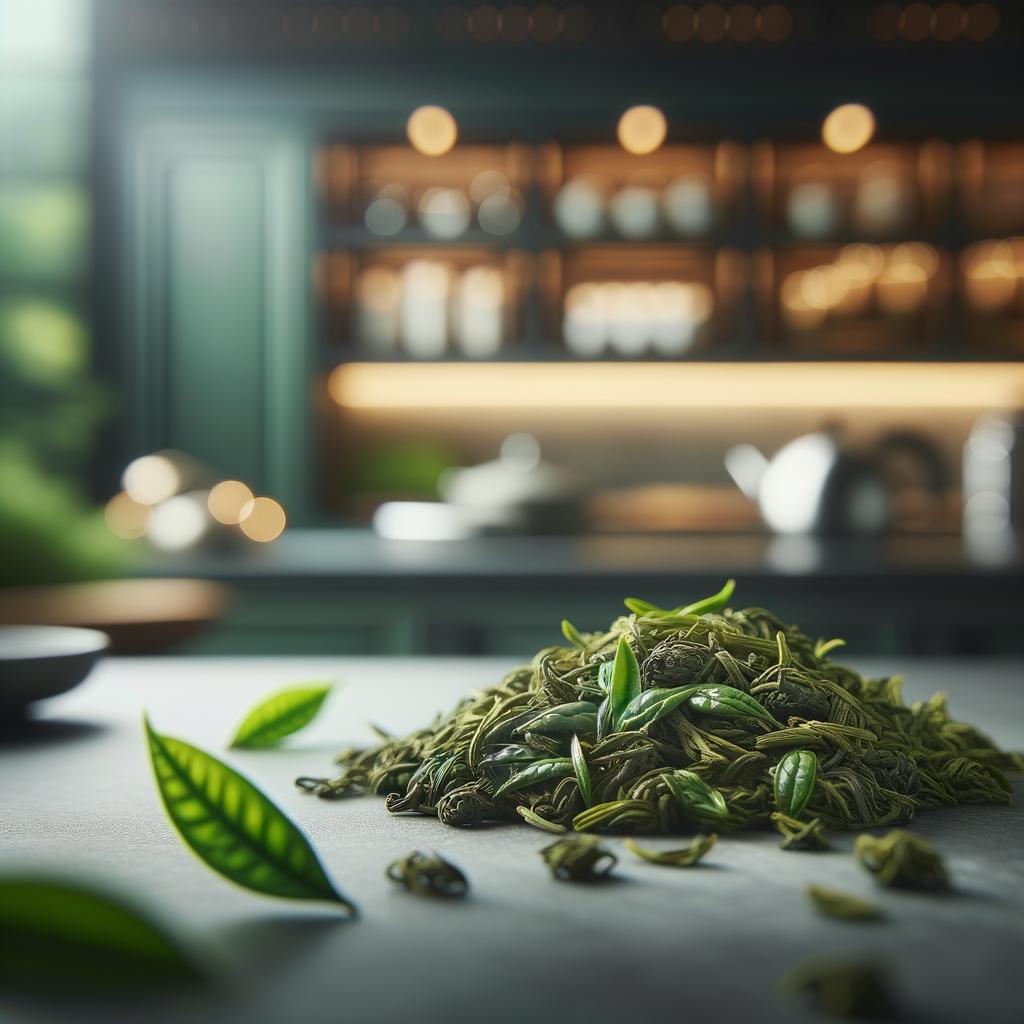Longjing Tea Leaves

Description Longjing Tea Leaves, also known as Dragon Well Tea, are a captivating sight to behold. These flat, slender leaves boast an enchanting jade green hue, a testament to their high quality and freshness. The texture of the leaves is smooth, akin to polished stone, yet they are delicate, requiring careful handling. The flavor profile of Longjing tea is complex and alluring, characterized by a delicate sweetness, a hint of nuttiness, and a floral, fresh green aroma. One of the most unique characteristics of Longjing tea leaves is their pan-roasting process, which gives them their distinctive flat shape and imparts a subtle, roasted flavor that sets them apart from other green teas.
Primary Uses Longjing Tea Leaves are primarily used for brewing tea, a practice deeply embedded in Chinese culture. The tea is renowned for its high quality and is often served during important occasions or to honor guests. Longjing Tea is also a key component in several traditional Chinese dishes, such as Longjing Shrimp, where the tea leaves are used to infuse the dish with their distinct flavor. In addition to its culinary uses, Longjing Tea is also used in traditional Chinese medicine for its potential health benefits, including aiding digestion and improving mental alertness.
History The history of Longjing Tea is steeped in ancient Chinese lore and romance. Originating from the beautiful West Lake region in Hangzhou, China, Longjing Tea is often associated with the Dragon Well, a legendary well known for its clean, sweet water. The tea gained popularity during the Qing Dynasty when Emperor Qianlong fell in love with the tea after witnessing the tea plucking process. Over time, Longjing Tea has maintained its prestige and is now considered one of China's top teas. The tale of a dragon residing in the well, blessing the tea leaves with its spirit, adds an intriguing layer of mystique to this already fascinating ingredient.
Nutritional Information Longjing Tea Leaves are not only appreciated for their delightful taste but also for their nutritional value. They are rich in vitamins C and E, essential for a healthy immune system and skin. They also contain a wealth of antioxidants, particularly epigallocatechin gallate (EGCG), known for its potential cancer-fighting properties. The tea has lower caffeine content compared to other green teas, making it a more balanced choice for those sensitive to caffeine. When compared to other green teas, Longjing Tea stands out for its higher concentration of amino acids, contributing to its sweet and mellow flavor. However, like all teas, it should be consumed in moderation to avoid potential risks such as insomnia or an upset stomach from excessive caffeine or tannins.

